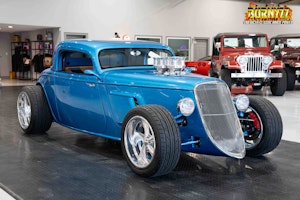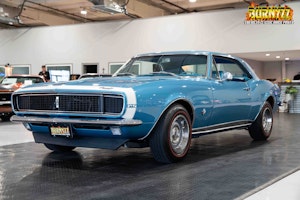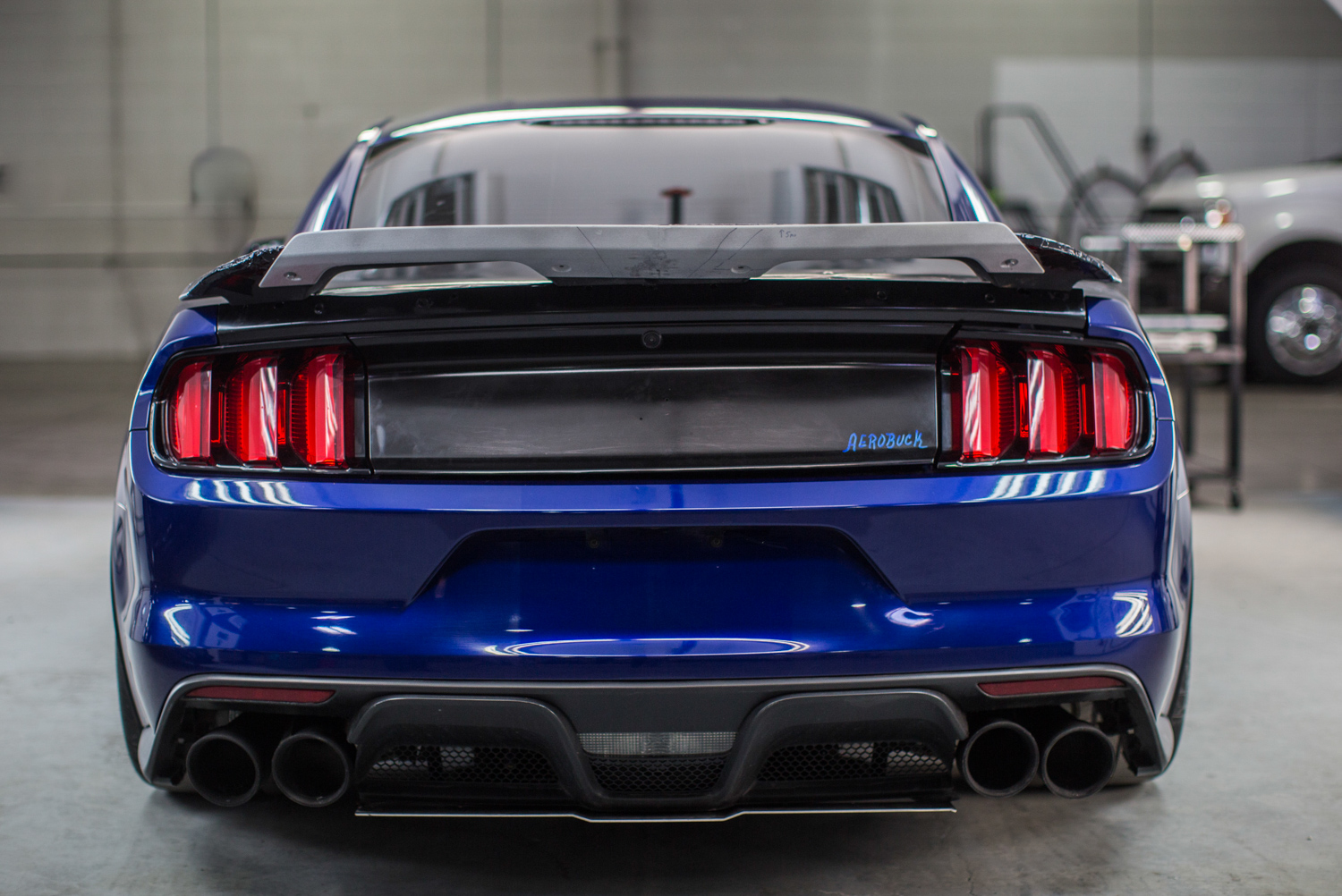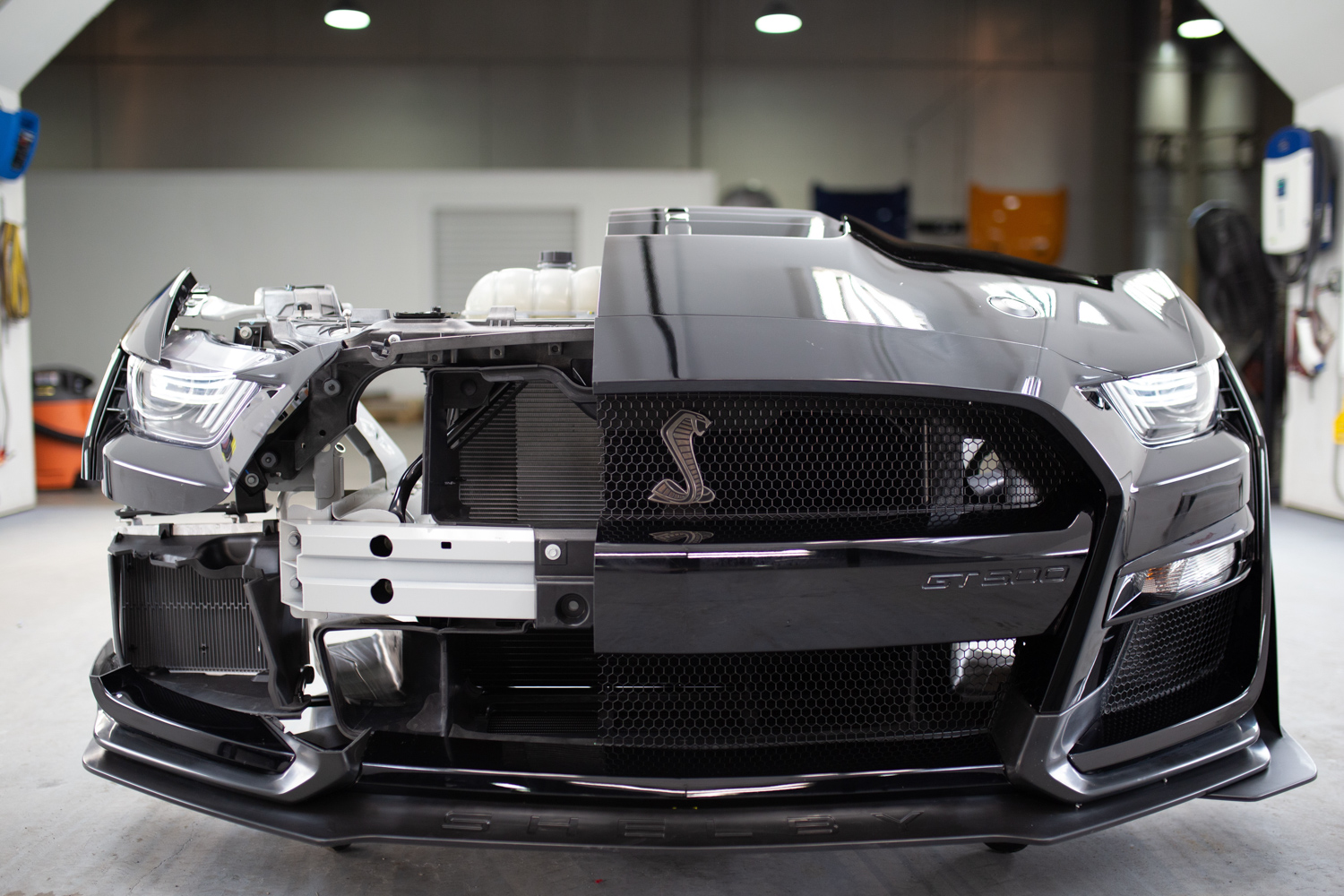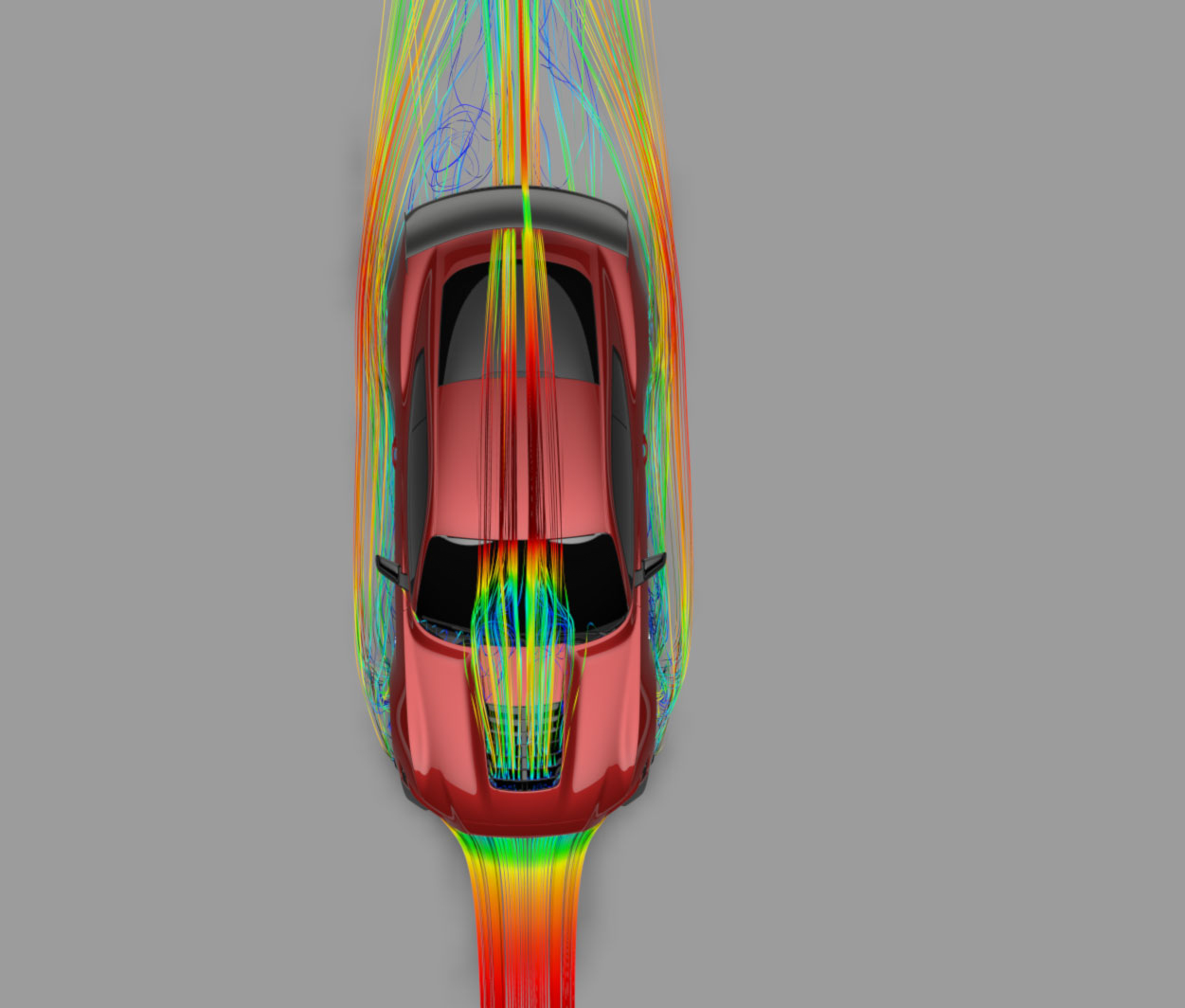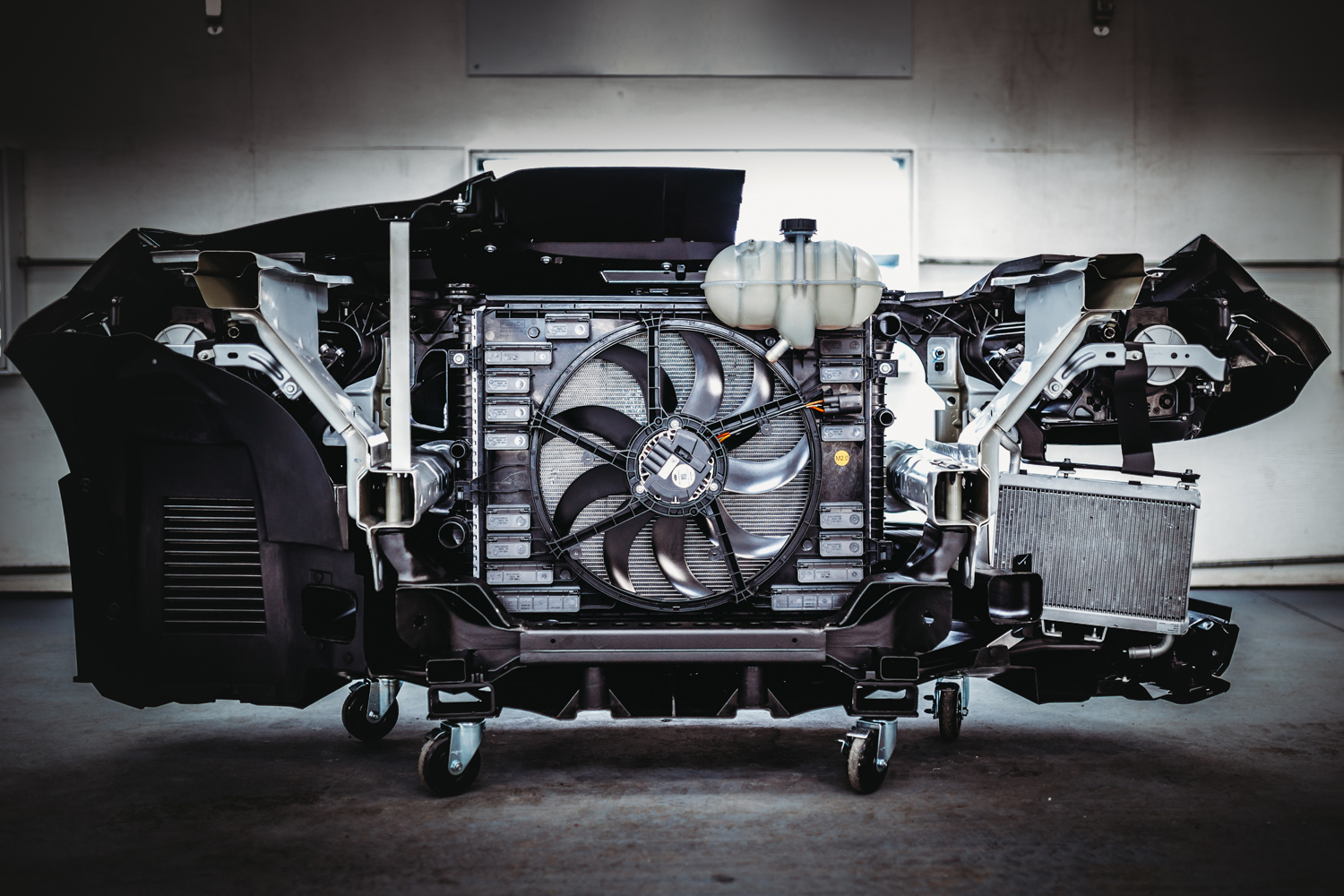Media | Articles
Hold your horses: Mustang GT500’s 180-mph governor isn’t necessarily a bad thing
We’ve been itching for any details on the next coming of Ford’s most brutal Mustang since the “Trinity”-powered GT500 ceased production five years ago. Now that we’ve seen the new GT500, Ford is parceling out the stats in a slow tease that’s almost as excruciating as the one Dodge laid out for the Demon.
The company’s March 13th press release claims that the maximum rear downforce achieved with the Carbon Fiber Track Package would be 550 pounds at 180 mph. GT500s ordered with the Handling package will feature a hybrid “swing”, so named because it’s a combination spoiler and wing, that delivers 379 pounds of downforce, also at 180 mph.
I thought it an unlikely coincidence that both aerodynamics packages had peak downforce at the same speed—unless that happened to be the top speed of both versions. Which means that there’s going to be a limiter of some sort, because It’s safe to assume that a Mustang packing more than 700 horsepower would otherwise have a top speed in excess of 180 mph.
So I called Ford, and my hunch was on the money. The Mustang GT500 will be computer-governed to a maximum of 180mph.
Marketplace
Buy and sell classics with confidence

Take a breath. As a great musician once wrote: “Stop, collaborate and listen.” If you‘re poised to gather up your pony car fans along with their torches and pitchforks to angrily protest Ford’s hobbling of its fastest pony, don’t be so hasty.
Sam Schembari from Ford Communications told me that 180 mph offered up a “sweet spot” that allowed Ford’s engineers to give the GT500 plenty of straight-line performance while maintaining its ability to conquer at the track.
What does that mean, exactly?
Well, top speed and downforce are often in conflict, and the 180 figure is a compromise between the two. I’d speculate that the changes needed make to give the Mustang the cooling and stability it needs to hit 200 mph might have compromised its ability around the corners of a race track. Ford is promising the new car will excel on the track, a trait that’s historically a GT500 weak point.

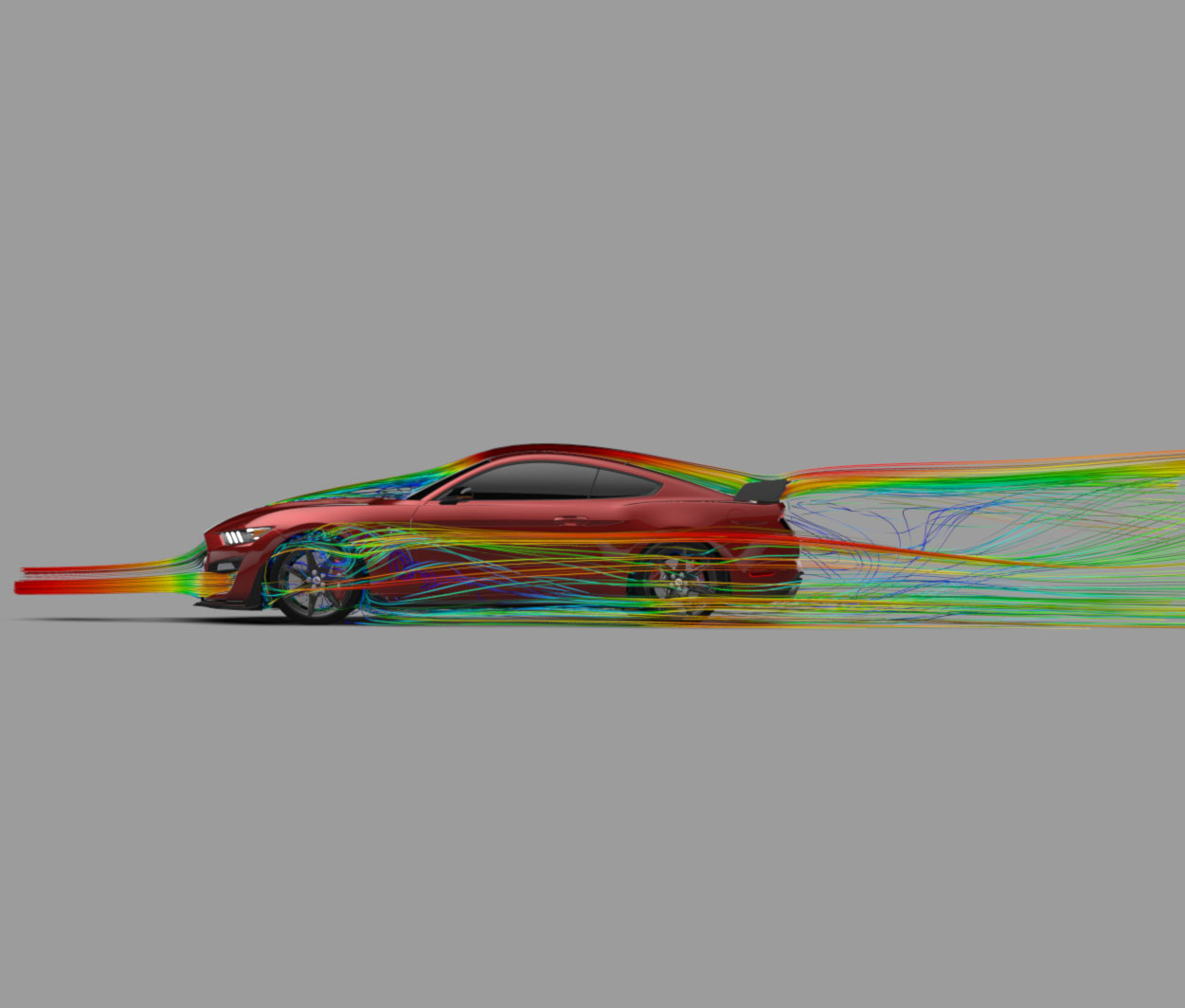

There’s also intra-model bragging rights at play here too. Car and Driver points out that the base GT500 will be the quickest model in a straight line, because it has least drag. Extending that line of thinking, if the GT500 were ungoverned then that base model would likely be a few mph faster than the Handling Package or Carbon Fiber Track Package versions. A top speed governor means the most expensive version doesn’t have the slowest top speed, even if it’s for a good reason.
Tires are also a good reason for the limiter. When you combine high-speed, cornering loads, and extra downforce on a road tire—even one engineered for extreme performance like the GT500’s optional Michelin Pilot Sport Cup 2s—the physical demands are immense. A governed top speed ensures a bigger envelope of safety for those crucial bits of rubber.
A 200-plus mph top speed might make for great bragging rights, but if it comes at the expense of high-speed stability, I’ll pass. With the exception of standing mile (or mile-and-a-half) events, there are a few tracks in American where a GT500 would exceed 180 mph with a skilled driver behind the wheel. Personally, I would not feel cheated by hitting the limiter for a few seconds in a few rare instances. Then again, bragging rights are bragging rights, and some GT500 owners will have to deal with the fact that the Camaro ZL1 has a top speed of 198 mph.



